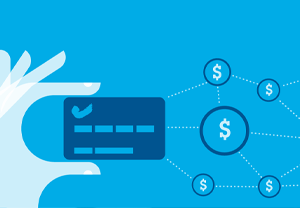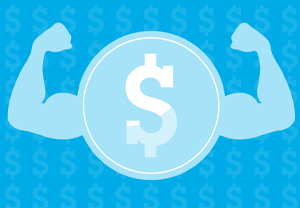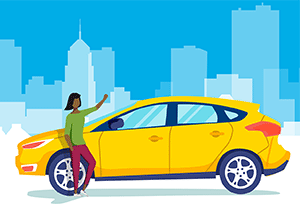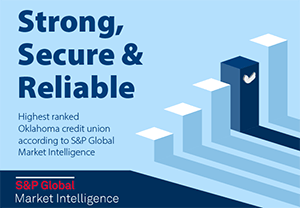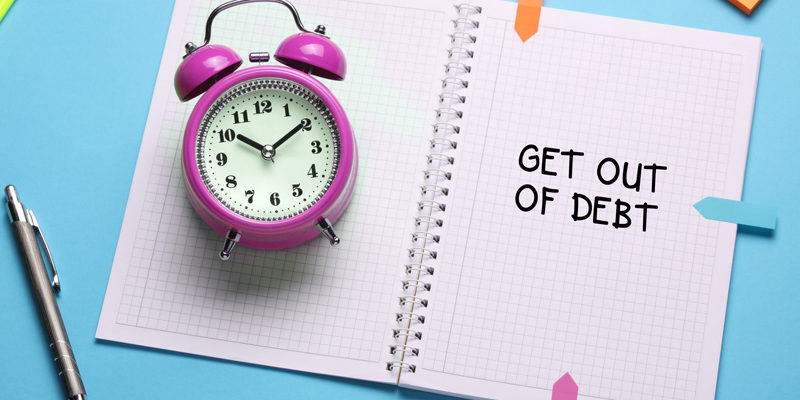Whether it’s credit card expenses or other unsecured debt, paying down bills can often leave people feeling overwhelmed. Magnifymoney.com released a survey in 2014 that said that more than 40% of all adults have credit card debt with the average balance being more than $10,000. If you were to only make the minimal payment on it, it would take years to pay it off.
Accruing debt is easier and happens faster than paying it off, but with discipline, there is hope for anyone wanting to get out of debt.
Here’s 5 things you should know to get out of debt.
1. Stop creating new debt
The first thing you should do if you are seriously interested in paying down your debt is stop creating new debt. While closing a credit card will hurt your credit score, there isn’t a penalty for keeping your balance at zero.
Avoid temptation to use the credit card (or cards) by cutting it up. If you absolutely must keep a card for emergencies, make sure it’s a low-interest card and that you leave it at home when you go shopping.
2. Pay more than the minimum
Paying only the minimum on your credit card debt is a surefire way to extend the amount of time you are in debt. The minimum payment is usually 2 or 3 percent of what you owe and when you are only paying that small of an amount, most of it is going towards the interest.
Find expenses you can cut back on, such a cable, and allocate the money you save towards your debt. Doing so will save you hundreds, if not thousands of dollars in interest payments. Packing a sack lunch or waiting to buy the latest smartphone are just a couple of ways you can cut back on spending, freeing up more money to put towards debt.
3. Snowball Effect
Financial author and radio host Dave Ramsey recommends using the snowball method. First you gather all of your debts and write down how much you owe for each. Don’t worry about the interest on each debt. Start by paying the minimum on each debt except for the one with the smallest balance. For it, you will pay as much as you can afford. Once you pay it off, you move on to the next smallest debt and so on.
This article by Dave Ramsey explains this method in more detail.
4. Transfer credit card debt to a lower interest card
If you have a credit card with a high interest rate, you are likely paying just as much towards your interest as you are your debt. So look for a lower interest credit card such as one offered by Communication Federal Credit Union and save money.
CFCU offers low interest credit cards that can save you money!
5. Create an emergency fund
Dave Ramsey recommends starting out with $1,000 in your emergency savings. Whatever the amount you decide to save, make sure it’s enough to cover larger expenses that you wouldn’t be able to afford out of your monthly paycheck. Not having an emergency fund could force you to borrow money on large expenses. The last thing you want to do when you are trying to get out of debt is to add more debt to your expenses.
Conclusion:
Paying off your debts in the short-term means cutting back on your vices. Create a budget and see what expenses you can either eliminate or cut back on. Transfer debt from high-interest credit cards to lower interest cards to save money and make sure that you have emergency savings so you can avoid accruing new debt.
Paying off debt requires sacrifice, however once you get out of debt, you can create a “fun fund” that allows you to take up a new hobby or a vacation.
Have advice for someone looking to get out of debt? Post it in the comments below.
